Not in Charge
Film Review: This Changes Everything
by David Swanson
I thought the cause of climate destruction was political corruption, but I thought the cause of so little popular resistance was ignorance and denial. Naomi Klein’s new film This Changes Everything seems to assume that everyone is aware of the problem. The enemy that the film takes 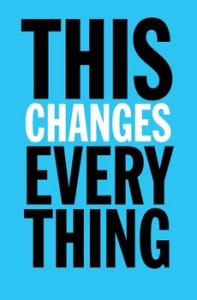 on is the belief that “human nature” is simply greedy and destructive and destined to behave in the way that Western culture behaves toward the natural world.
on is the belief that “human nature” is simply greedy and destructive and destined to behave in the way that Western culture behaves toward the natural world.
I think that is an increasingly common frame of mind among those paying attention. But if it ever becomes truly widespread, I expect it to be followed by epidemics of despair.
Of course, the idea that “human nature” destroys the earth is as ridiculous as the idea that “human nature” creates war, or the idea that human nature combined with climate change must produce war. Human societies are destroying the climate at vastly different rates, as are individuals within them. Which are we to suppose are “human nature” and which acting in violation of the same?
I think it’s safe to assume that those not recognizing the climate crisis are going to be brought to recognize it along an exponentially rising curve, and it’s possible that treating an audience as if they all already know the problem is a helpful way to get them there. (more…)
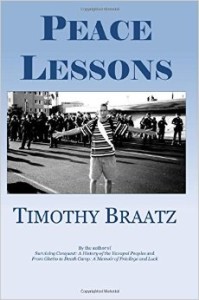
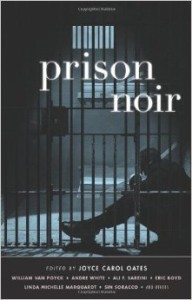
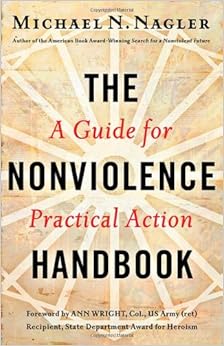 collection of misguided platitudes, this book proposes what still remains a radically different way of thinking, a habit of living that is not in our air. In fact, Nagler’s first piece of advice is to avoid the airwaves, turn off the television, opt out of the relentless normalization of violence.
collection of misguided platitudes, this book proposes what still remains a radically different way of thinking, a habit of living that is not in our air. In fact, Nagler’s first piece of advice is to avoid the airwaves, turn off the television, opt out of the relentless normalization of violence.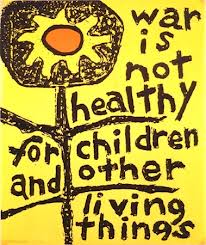 other living things. It actually proves that defenders of war are growing desperate for arguments.
other living things. It actually proves that defenders of war are growing desperate for arguments. a millennium, we ought to be able to judge work on its merit — and we ought to have regular celebrations of Erasmus around the world. Some of his ideas are catching on. His name is familiar in Europe as that of the EU’s student exchange program, named in his honor. We ought perhaps to wonder what oddball ideas these days might catch on in the 2500s — if humanity is around then.
a millennium, we ought to be able to judge work on its merit — and we ought to have regular celebrations of Erasmus around the world. Some of his ideas are catching on. His name is familiar in Europe as that of the EU’s student exchange program, named in his honor. We ought perhaps to wonder what oddball ideas these days might catch on in the 2500s — if humanity is around then. California’s prison system has continually made news this past year. Over 30,000 people rocked its prison system with a mass hunger strike that lasted nearly 60 days.  News about coerced sterilizations in its women’s prisons shocked and outraged prisoner rights and reproductive justice activists, leading to legislative hearings. At least two prison sites were found to be toxic. People sentenced under California’s Three Strikes continue to languish in prison and the numbers of prisoners aged 55 or older have increased by over 500% between 1990 and 2009. To top it off, Governor Brown continues to resist the 2011 Supreme Court order to decrease prison overcrowding.
California’s prison system has continually made news this past year. Over 30,000 people rocked its prison system with a mass hunger strike that lasted nearly 60 days. Â News about coerced sterilizations in its women’s prisons shocked and outraged prisoner rights and reproductive justice activists, leading to legislative hearings. At least two prison sites were found to be toxic. People sentenced under California’s Three Strikes continue to languish in prison and the numbers of prisoners aged 55 or older have increased by over 500% between 1990 and 2009. To top it off, Governor Brown continues to resist the 2011 Supreme Court order to decrease prison overcrowding.